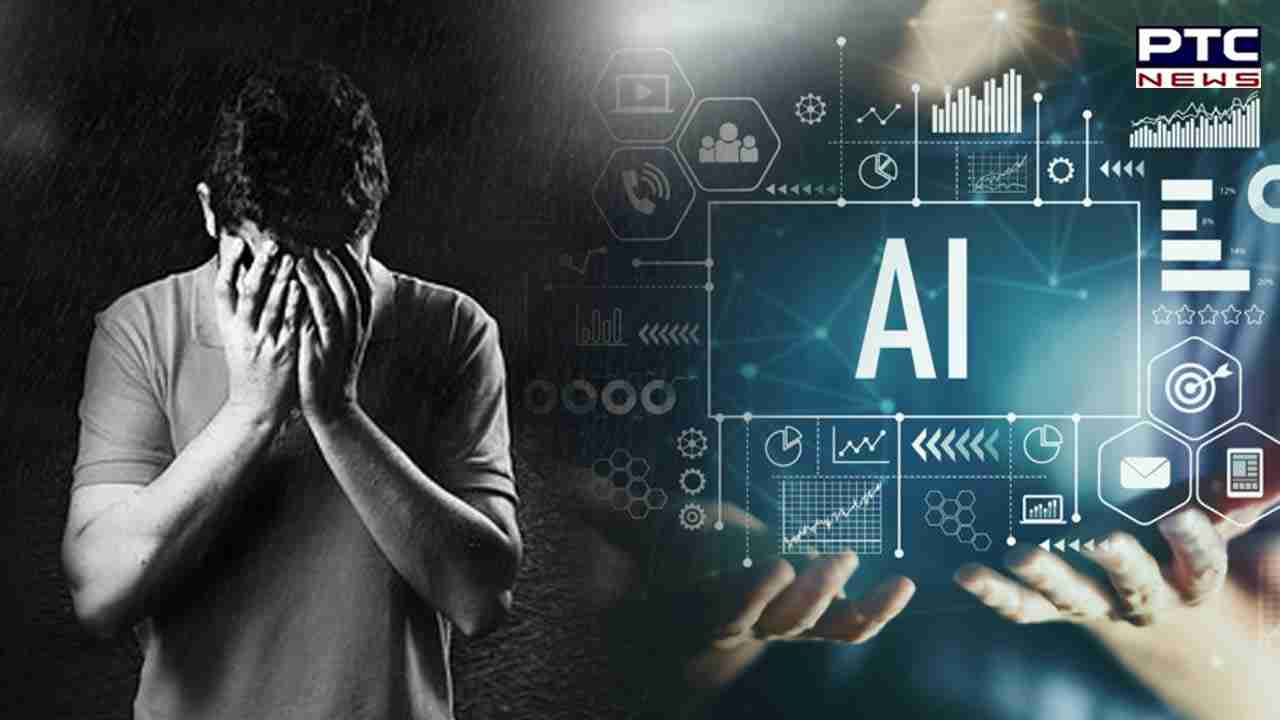

Are AI systems making you insomniac, lonely? Experts weigh In
AI systems and human conditions: Experts have witnessed a rise in health problems with the increase in the use of artificial intelligence systems. This has forced many scientists across the world to discuss the toll of AI on human conditions.
According to a study by the American Psychological Association, employees who often engage with artificial intelligence systems are more likely to suffer loneliness, which can lead to sleeplessness and increased after-work drinking.
Four experiments were conducted in the U.S., Taiwan, Indonesia and Malaysia and findings were consistent across cultures. The study was published in the Journal of Applied Psychology online.
Pok Man Tang, PhD, the lead researcher, formerly worked at an investment bank where he used AI systems, which sparked his interest in researching the timely subject.
"The rapid advancement in AI systems is sparking a new industrial revolution that is reshaping the workplace with many benefits but also some uncharted dangers, including potentially damaging mental and physical impacts for employees," said Tang.
"Humans are social animals, and isolating work with AI systems may have damaging spillover effects into employees' personal lives."
Working with AI systems, on the other hand, may have certain advantages. Employees who frequently used AI systems were more inclined to offer assistance to coworkers, although this response could have been caused by their loneliness and need for social contact, according to the study.
Furthermore, participants with higher levels of attachment anxiety - the tendency to feel insecure and worried about social connections - responded more strongly to working on AI systems, with both positive and negative reactions such as loneliness and insomnia.
In one experiment, 166 engineers at a Taiwanese biomedical company who worked with AI systems were surveyed over three weeks about their feelings of loneliness, attachment anxiety and sense of belonging. Coworkers rated individual participants on their helpful behaviours, and family members reported on participants' insomnia and after-work alcohol consumption. Employees who interacted more frequently with AI systems were more likely to experience loneliness, insomnia and increased after-work alcohol consumption, but also showed some helping behaviours toward fellow employees.
In another experiment with 126 real estate consultants in an Indonesian property management company, half were instructed not to use AI systems for three consecutive days while the other half were told to work with AI systems as much as possible. The findings for the latter group were similar to the previous experiment, except there was no association between the frequency of AI use and after-work alcohol consumption.
There were similar findings from an online experiment with 214 full-time working adults in the U.S. and another with 294 employees at a Malaysian tech company. The research findings are correlational and don't prove that working with AI systems causes loneliness or other responses, just that there is an association among them. Tang said that moving forward, developers of AI technology should consider equipping AI systems with social features, such as a human voice, to emulate human-like interactions. Employers also could limit the frequency of work with AI systems and offer opportunities for employees to socialize. Team decision-making and other tasks where social connections are important could be done by people, while AI systems could focus more on tedious and repetitive tasks, Tang added."Mindfulness programs and other positive interventions also might help relieve loneliness," Tang said.
"AI will keep expanding so we need to act now to lessen the potentially damaging effects for people who work with these systems."
Also Read | Cyclone Biparjoy: Severe storm weakens into ‘deep depression,’ know what will happen next
- ANI
